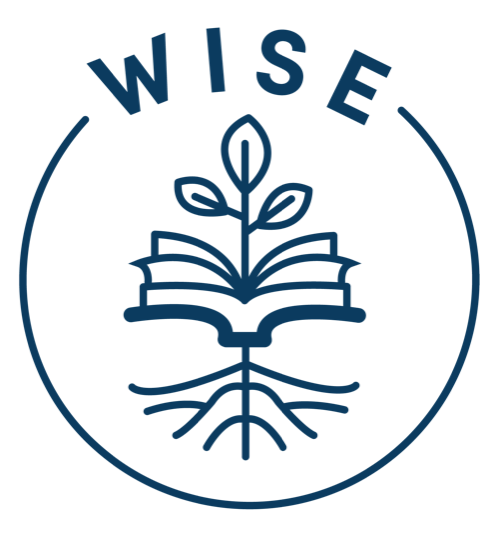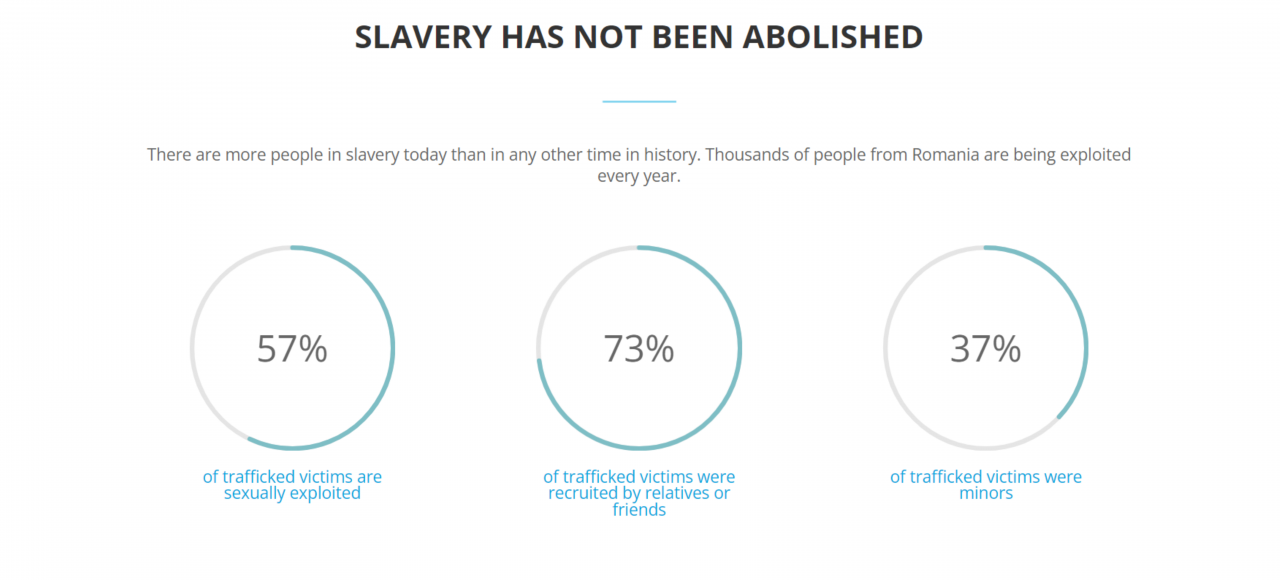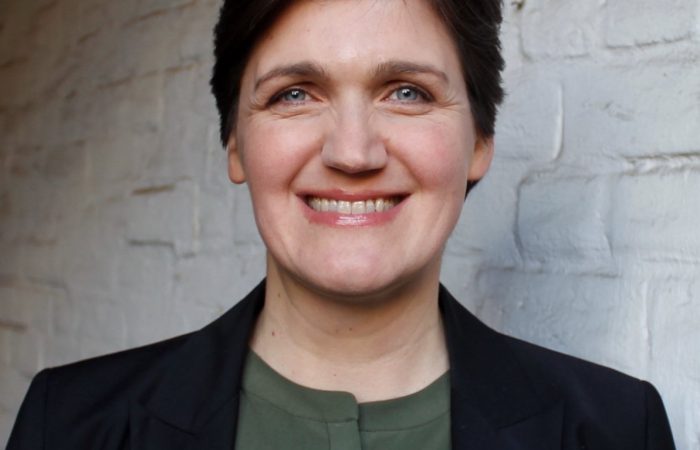While eLiberare engages and trains traditional actors including police officers, social workers, and other emergency responders who are thought of as the most likely to encounter a potential victim, they also extend such capacity-building sessions to less traditional actors. The more people who are trained in prevention and reporting mechanisms, the more protected communities are.
Ioana explained that over half of the Romanian population is located in the rural areas where the Church has a profound influence at the community level. Thus, Church leaders can play a vital role in the early detection of cases. So, the eLiberare team engages religious clergy, professors, and civic leaders–all of whom have personal knowledge about their communities, a sense of authority, and are in a position to identify current victims and pose substantial hurdles for traffickers.
“What all these people have in common is the fact that they still have access to victims while they’re in exploitation, and they can be an exit point. It can be one of those encounters that can make the difference between exploitation and coming out of it,” Ioana said.
In fact, The eLiberare model for empowering priests, religious communities, and professors in detecting potential human trafficking cases was recognized internationally by the United Nations University as a good practice model.
Ioana said, “Prevention is not just about education; it is about creating actual barriers in the face of traffickers. So, it is crucial that the community is prepared, they know the signs, and people know where to report and ask for help.”






